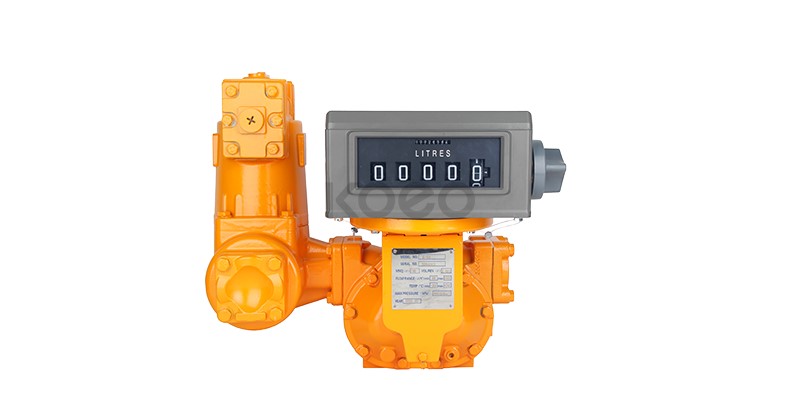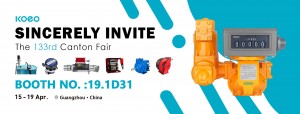 Positive displacement flow meters are essential tools for accurately measuring liquid or gas flow in various industries. These meters work by determining the volume of fluid flowing through them, providing precise measurements that are critical to efficient operation of the system. In this blog, we will explore the advantages of positive displacement flow meters and why they are vital for many applications.
Positive displacement flow meters are essential tools for accurately measuring liquid or gas flow in various industries. These meters work by determining the volume of fluid flowing through them, providing precise measurements that are critical to efficient operation of the system. In this blog, we will explore the advantages of positive displacement flow meters and why they are vital for many applications.
One of the main advantages of positive displacement flow meters is their high accuracy. Unlike other types of flow meters, positive displacement flow meters measure fluid flow by capturing and delivering a fixed volume of fluid. This enables extremely precise measurements, making it ideal for applications where accuracy is critical. This level of accuracy is critical in industries such as oil and gas, pharmaceuticals, and food and beverage, where even small deviations in flow measurements can have serious consequences.
Another advantage of positive displacement flowmeters is their ability to maintain accuracy over a wide flow range. This makes them versatile tools that can be used in many different applications from low to high traffic scenarios. Its consistent accuracy ensures measurements remain reliable regardless of changes in flow, enabling continuous, accurate monitoring and control of fluid flow.
Positive displacement flow meters also have excellent repeatability, which means they provide consistent and repeatable measurements under the same operating conditions. This reliability is critical to ensuring consistency and quality of processes in industries such as chemical manufacturing, where accurate flow measurement is critical to maintaining product integrity.
In addition to accuracy and reliability, positive displacement flow meters are known for their ability to handle a wide range of fluid viscosities. This makes them suitable for measuring the flow of fluids of varying thicknesses or densities, making them a valuable tool in industries such as wastewater treatment, where the composition of the fluid can vary widely.
In addition, positive displacement flow meters are known for their minimal pressure drop, which means they do not impede the flow of fluid when measuring. This is important in applications where maintaining fluid pressure is critical, such as in hydraulic systems or chemical processing, where changes in pressure can affect the outcome of the process.
Overall, positive displacement flow meters offer a range of advantages that make them an essential tool in many industries. Their accuracy, versatility, repeatability, viscosity handling and minimal pressure drop make them valuable for measuring and monitoring fluid flow in a variety of applications. As technology continues to advance, positive displacement flow meters are likely to become more complex and essential to ensure efficient and reliable operation of a variety of systems and processes.



